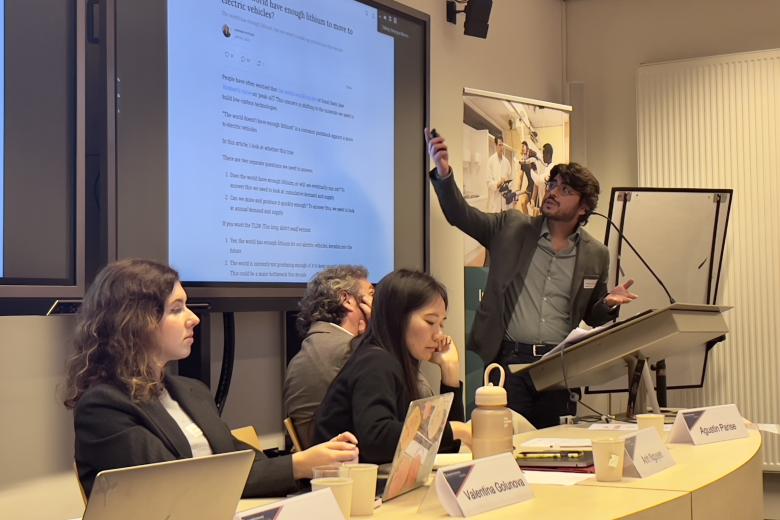On 30-31 October and 1 November 2024, Maastricht University Faculty of Law held the Narratives, Frontier Technologies & The Law (NFT-L) Conference. The goal of this conference was to examine the interplay between frontier technologies and the law, mainly how the stories we tell ourselves (our narratives) influence the development of the regulation of such technologies. Spread over three days, nearly thirty presentations across six panels and six keynote speeches were held. The conference provided an engaging platform for academic and cultural diversity. It brought together experts in mathematics, biomedicine, philosophy, law, and the humanities from institutions like Harvard University to Queensland University of Technology, with voices from across the globe, from Bahrain to Sweden, Brazil to India.
Budget cuts hit UM: protest on 14 November sorely needed
There are two urgent reasons for all Dutch universities to join the protest in Utrecht on 14 November.

